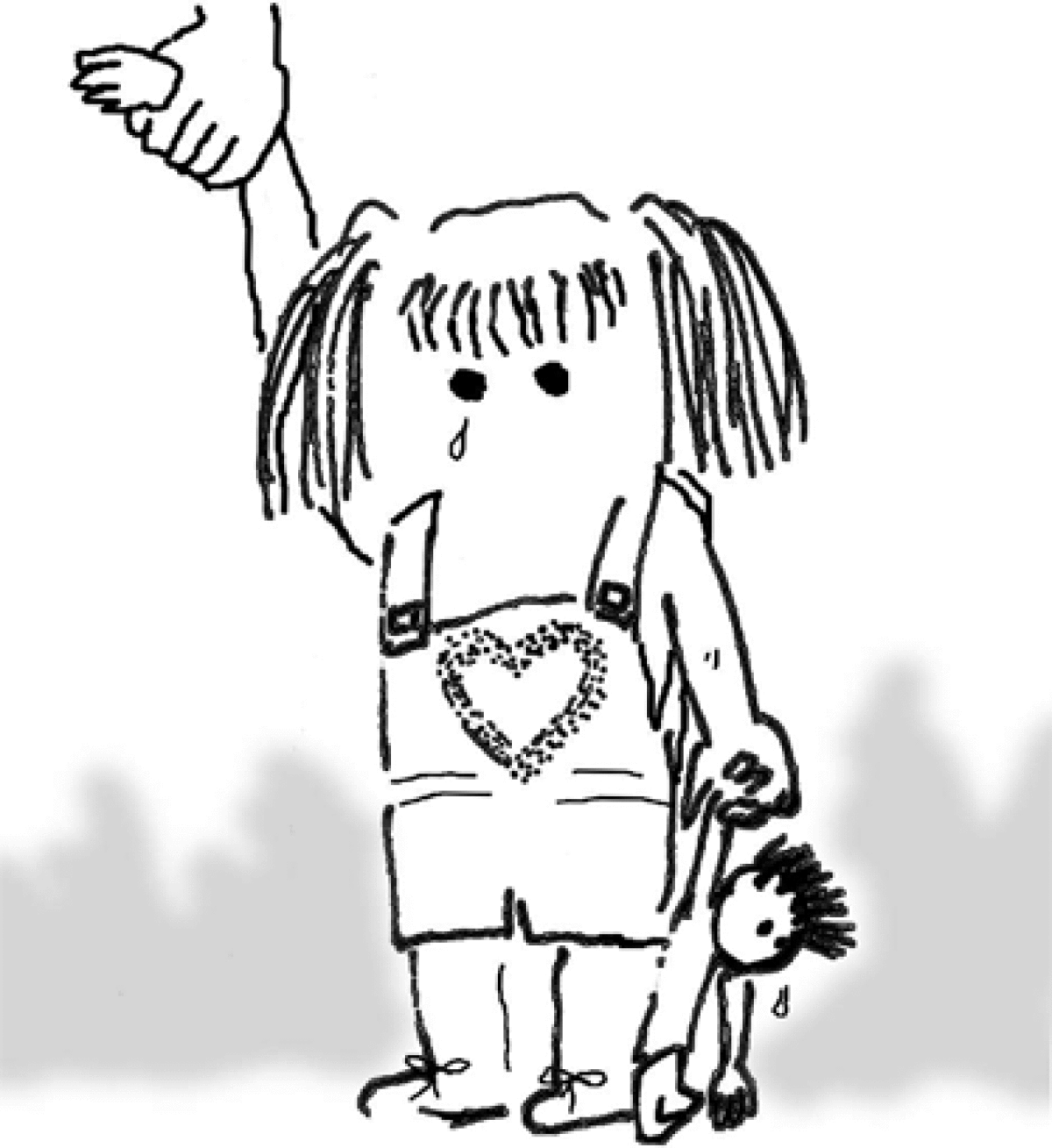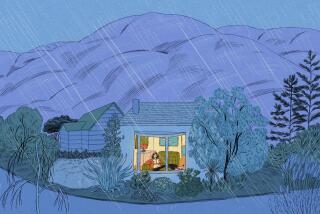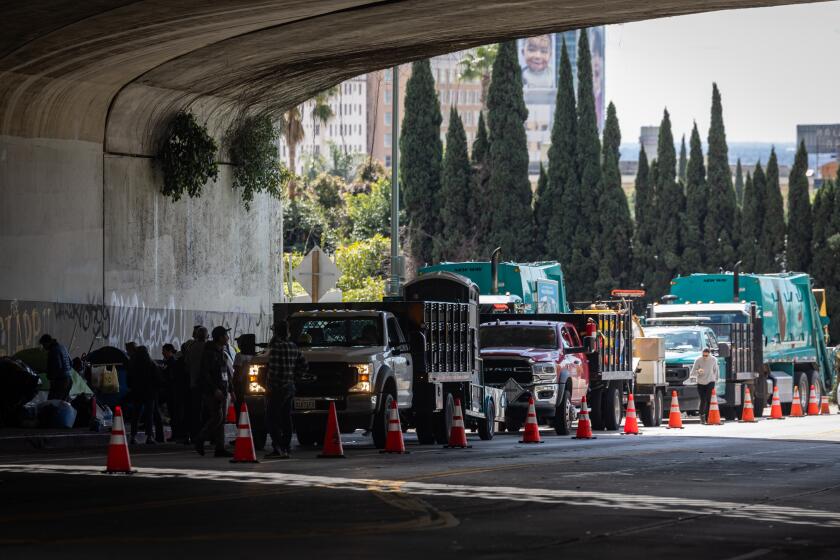Breaking the vicious cycle of foster care

My sisters and I spent the majority of our adolescence as foster kids in Los Angeles County. We entered the system after my parents divorced. My mom, who was both poor and mentally ill, wasn’t equipped to be a single parent to six young children.
No one told us about the bad odds we faced. Teenage girls living in foster care are 21/2 times more likely than other girls to become pregnant by age 19. Information about sexual development, reproductive health and pregnancy prevention is not readily available, in part because none of the many individuals who interact with youths in foster care has specific responsibility for providing such education.
At 18, when I became pregnant with my first son, I was terrified. No longer eligible for foster care, I had no place to live with a child and was suffering from depression and anxiety attacks. I felt that, short of a miracle, my child was likely to become a statistic too. Kids born to mothers raised in foster care are five times more likely to end up in foster care themselves. Without parents or family who could help me, I wasn’t sure where to turn.
I got lucky, though, finding assistance from the Alliance for Children’s Rights and other groups. They provided educational advocacy, connected me with a mentor and helped seal the juvenile record I’d gotten at 12, after being arrested for stealing food from the local grocery store when we didn’t have enough to eat at home. On finding out that I was pregnant, a social worker at the alliance guided me to programs that could help, including the Nurse Family Partnership, which assists first-time at-risk mothers.
My sisters were not so lucky. No one taught them how to raise healthy babies or helped them find parenting classes. They didn’t know how to find child care that would enable them to finish high school. Two of them eventually had their children removed by child protective services. I was in court with my younger sister when her 2-year-old son entered the system, and I’ll never forget the look of terror on his face as the social worker removed his tight grip on his mother’s dress. But I’ve realized that no matter how desperately my sister wants to be a good mother, she hasn’t developed the tools she needs to parent successfully, and my nephew, now 7, remains in foster care.
A lot of the teen moms I know who grew up in the foster care system had no adult who talked to them about puberty, much less about how to prevent pregnancy. When they became pregnant, many hoped their children would become the families they never had, but it’s rarely that simple.
Stopping the generational cycle of foster care requires a collaborative and comprehensive approach that starts with education — beginning with information about pregnancy prevention. Foster kids who become pregnant need extra attention to make sure they get the services and resources that will prepare them not only for parenting but also for life. Most of the girls I knew in foster care who got pregnant never finished high school, which puts them and their children at a huge disadvantage from the start.
A bill (SB 528) introduced in Sacramento by state Sen. Leland Yee (D-San Francisco) is a first step. It would require that kids in foster care be taught about pregnancy prevention, and it would establish guaranteed resources for foster kids who get pregnant. But much more is needed.
I will soon enter my second year of graduate school at Cal State Northridge, finishing my masters degree in social work. For the first time in my life, my joy outweighs my pain. I have every reason to be optimistic about the future. I now have two beautiful sons, and I know they will never live in foster care. They will grow up with something I never had: a happy childhood filled with opportunities.
I am deeply sad about my sister and her son, who never got the kind of resources and assistance that I did. But I was struggling mightily myself back then and was in no position to help her.
California has a responsibility to ensure that support and services are available to pregnant and parenting teens so that their children never enter the child welfare system and the state can reduce the numbers of children growing up in foster care.
Jessica Chandler hopes to receive her master’s degree next year. She is an intern at the Alliance for Children’s Rights.
More to Read
A cure for the common opinion
Get thought-provoking perspectives with our weekly newsletter.
You may occasionally receive promotional content from the Los Angeles Times.






